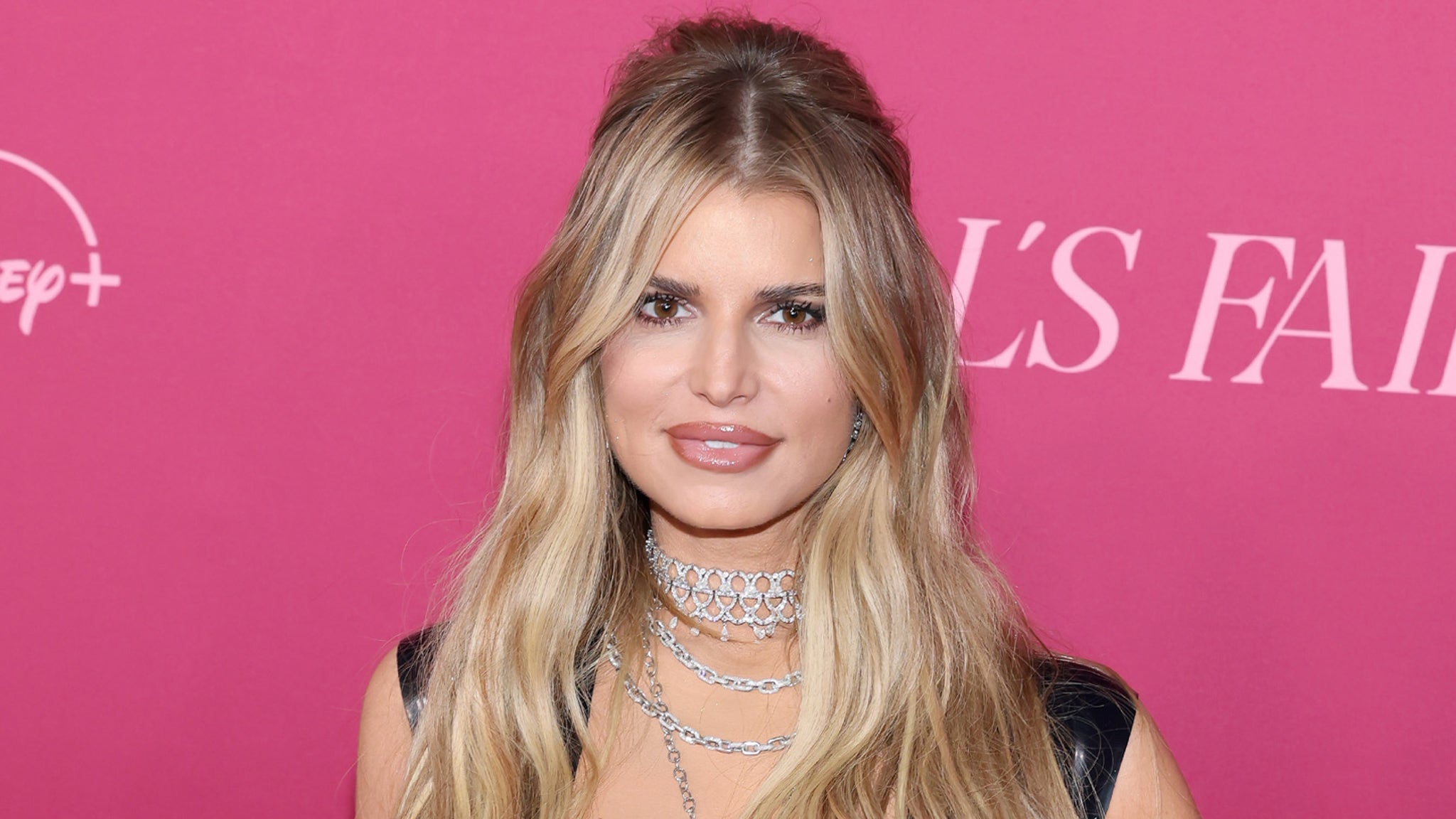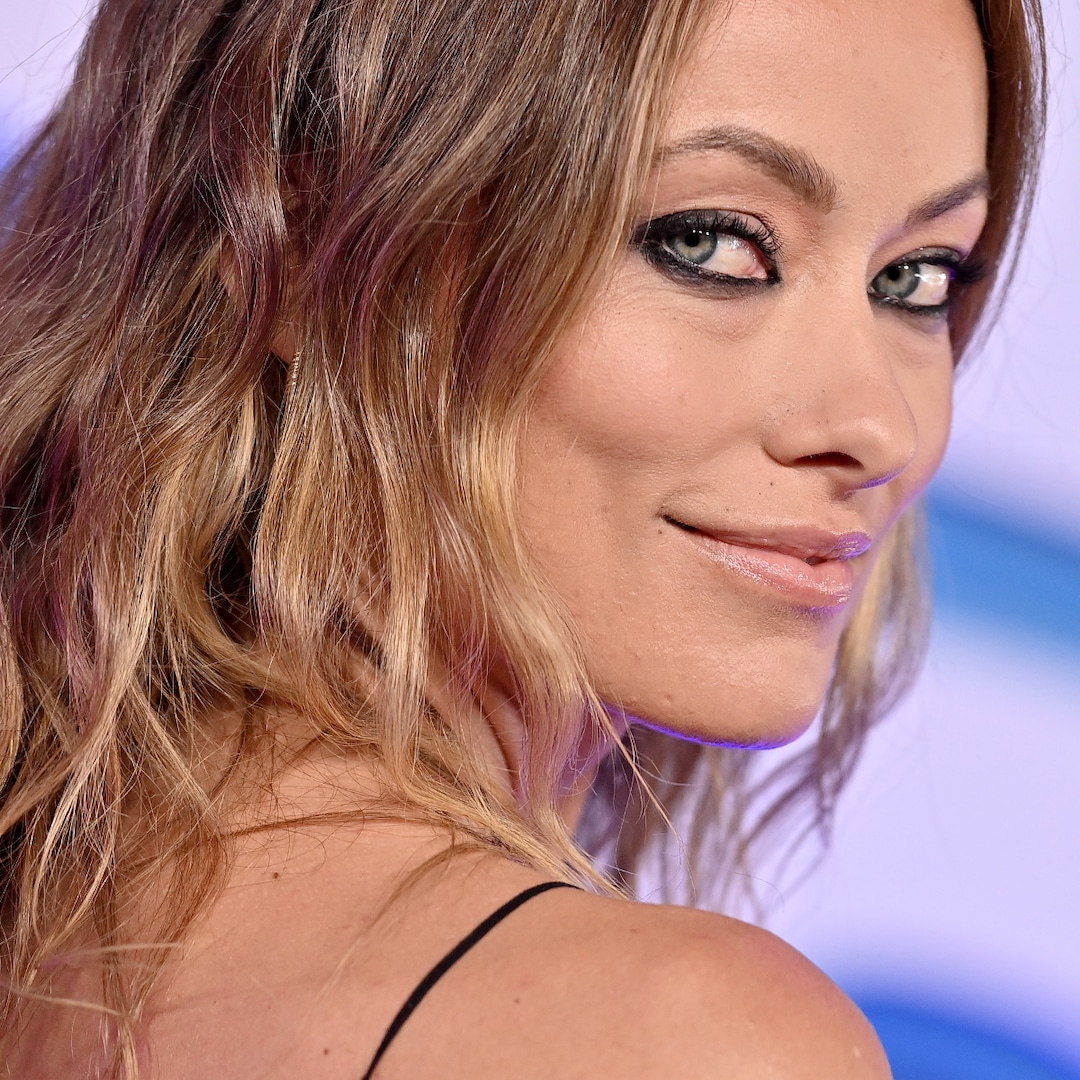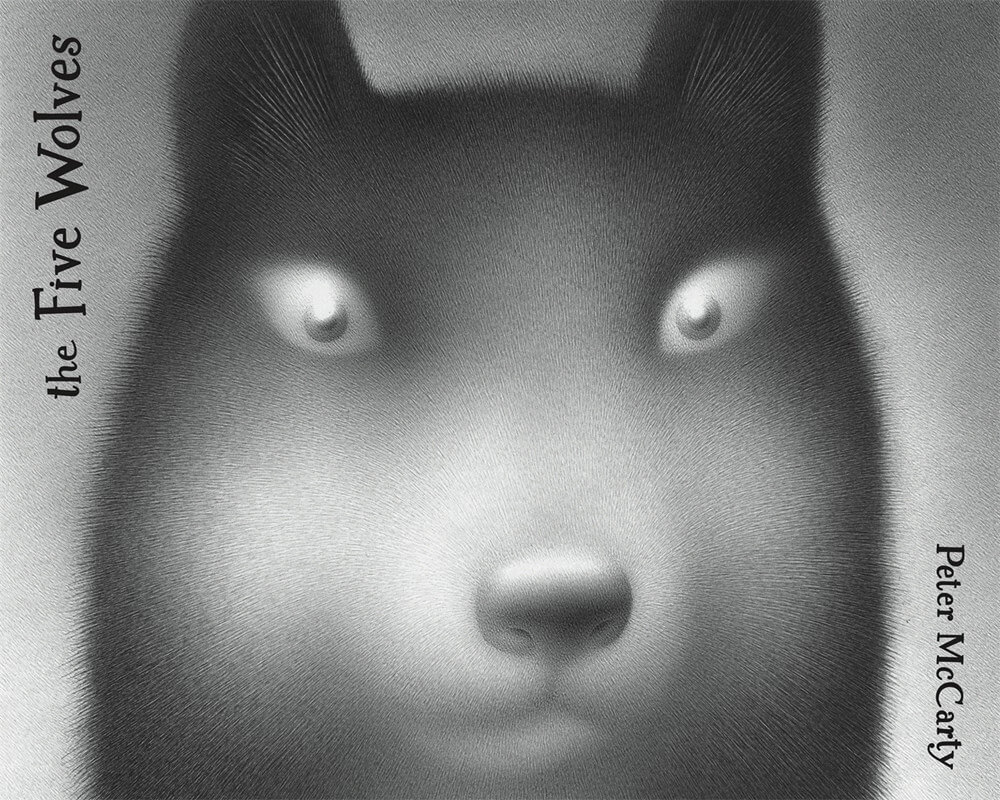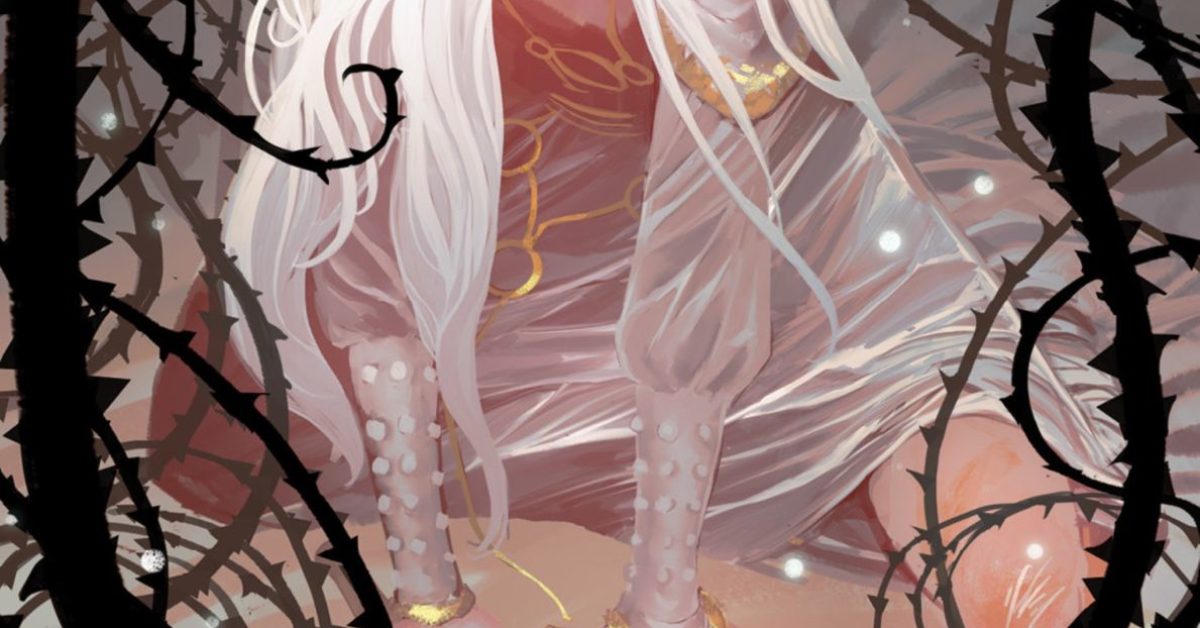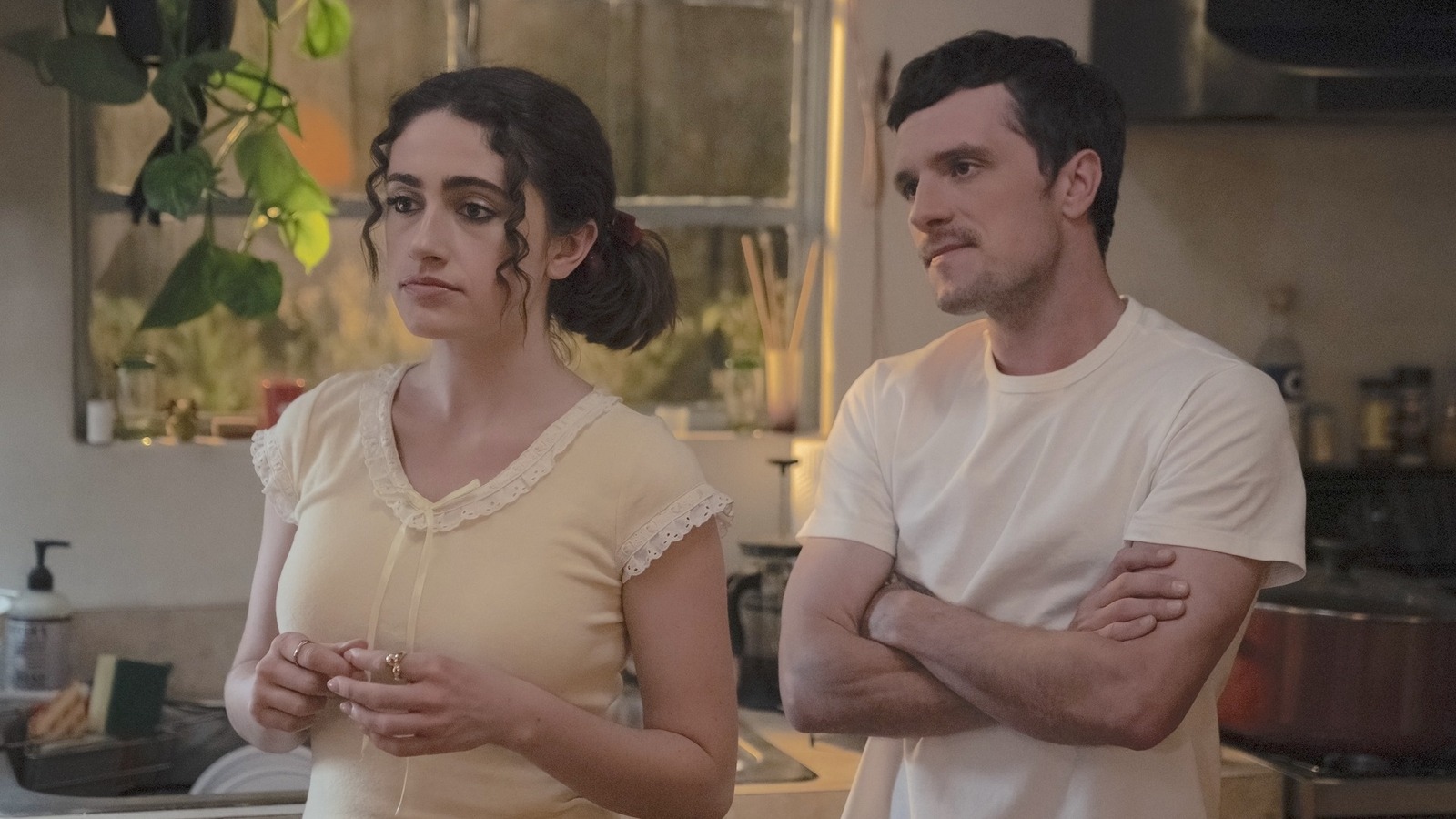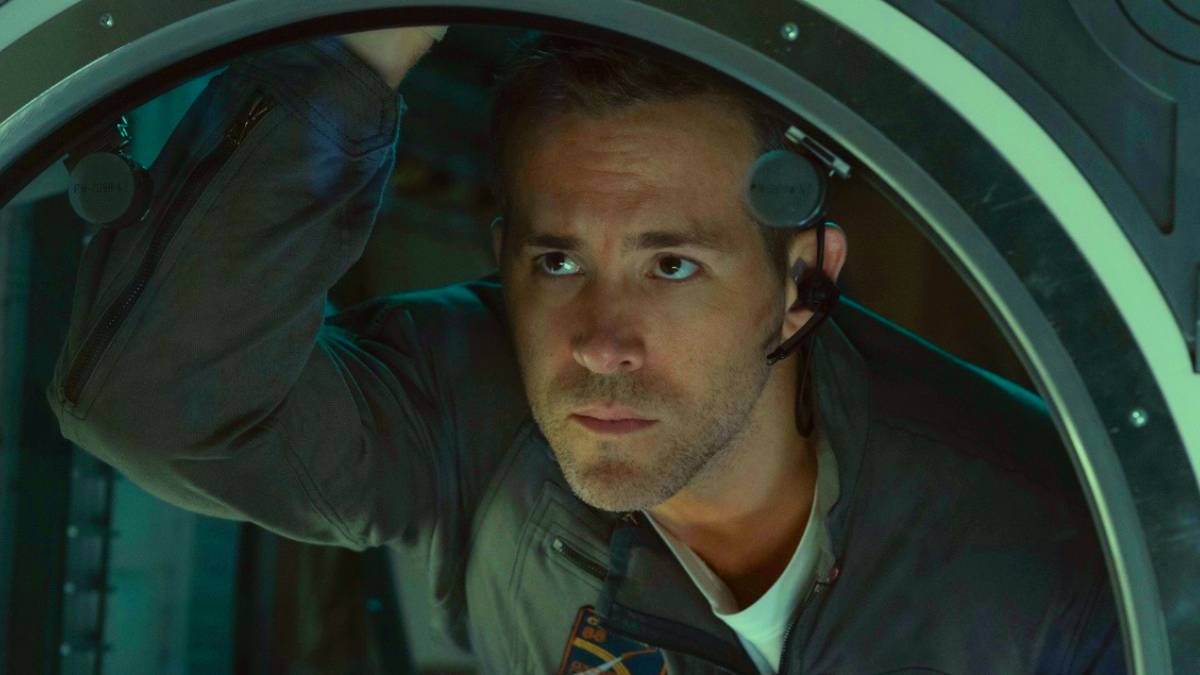“Imbalances of power are dangerous and we care about them,” BBC Director General Tim Davie said today, as he was questioned on the Phillip Schofield debate and accusations of toxicity on This Morning.
Speaking to the influential Culture, Media & Sport Committee (CMSC), Davie acknowledged there are “imbalances” in the “strange TV industry, where you have people earning talent salaries verses producer salaries.”
“Your concerns are well placed,” he told Committee Chair Caroline Dinenage. “Imbalances of power are dangerous and we care about them. Culturally I am very direct about that not being something I want to see at this organization.”
Davie said he speaks from experience. As Acting Director General 10 years ago, he shepherded the BBC through the first few months of the Jimmy Savile scandal. More recently, he has appointed an independent KC to probe the conduct of former Radio 1 DJ Tim Westwood following accusations about misconduct taking place during Westwood’s time at the BBC.
Davie said processes to prevent power imbalances are “robust” and his leadership team “sends a clear signal,” adding: “We don’t just rely on good intent.”
According to David Jordan, the BBC’s Director of Editorial Policy and Standards, TV shows have guidelines that state “any personal or sexual relationships” between contributors or talent and those working behind the camera are “prohibited and will result in disciplinary procedures.” On many shows, execs are obliged to read out The Pledge on bullying and harassment prior to the cameras rolling.
“We have very specific processes in place and are keeping an eye on whether people adhere to these processes by making spot checks,” said Jordan.
Tomorrow, ITV CEO Carolyn McCall will appear in front of the same committee to be grilled on Schofield, who resigned in disgrace last month after it had emerged he had lied about a relationship with a much younger runner on This Morning. Schofield was swiftly dropped by his agency and other shows and revealed in a BBC interview that he had had suicidal thoughts. Meanwhile, former presenters and editors on the show have accused This Morning of fostering a toxic atmosphere.
Davie said: “We’re confident we have a good culture across the BBC on all productions. Having said that, I think this is an area that the BBC has a lot of experience in. We have learned from things in our past. You are constantly vigilant and any complacency in my view is misplaced.”
He was, however, accused of “workplace bullying” by committee member Steve Brine, who said he believed local journalists are being asked to send in 60-second videos “selling themselves” in order to save their jobs amidst cuts.
Responding, Davie said “cultural concerns” raised are valid but “it’s never easy” when tasked with reducing headcount, and that the BBC is taking an objective approach. Local news staff have been striking of late for the first time in 13 years over changes to local content.
Bias Accusations
Davie and Chief Content Officer Charlotte Moore were pushed by the committee on impartiality, the Gary Lineker scandal and the Culture Secretary’s recent remarks that the BBC is “biased,” which she told the committee last week while failing to produce any examples of where the broadcaster has broken its commitment to impartiality.
Davie said “my only objective is we are trusted by the public,” adding that he would refer Culture Secretary Lucy Frazer to the BBC’s trust scores remaining “flat” over the past few years. He flagged that the BBC has recently hired journalists from across the political spectrum including from GB News, the Times and the Guardian.
The new BBC Chair, who will replace the disgraced Richard Sharp at some point over the coming months, should “champion impartiality and independence,” Davie said, who also noted a preference for someone who has “demonstrable experience in the sector.”
On Lineker, Moore said audiences and talent had been “quite confused by the debate” around whether freelancers can tweet political thoughts and campaigning. “This is about personal social media,” she added. “On a platform we would ask [freelance presenters] not to campaign but they’re not staff and we would never say they can’t have their own social media account. We are clear about that and if they are on regular shows they carry added responsibility.”
Gary Lineker. Moore said audiences and talent had been “quite confused by the debate” around his tweets.
Lucy North/PA Images via Getty Images
She said the review ordered in the wake of Lineker will “bring clarity for freelancers and on personal social media.”
That review will be “flawlessly delivered” shortly by former ITN boss John Hardie, according to Davie.
The DG acknowledged he will “always regret” Match of the Day being severely reduced when Lineker refused to work over the Twitter fiasco along with dozens of other staff and presenters. “Do you look back and say ‘Could I have done something slightly differently?’ You always do,” he added.
Cost Of Living
On whether people should continue paying their £13.25 ($16.65) per month BBC license fee amidst the cost-of-living crisis, Davie said the fee is not rising nearly as fast as the likes of food prices and utilities while at the same time “inflated costs” continue to hit areas such as drama leading to “a real tension.” The BBC used its recent Annual Plan to state it will be cutting around 1,000 hours worth of shows per year over the coming years.
“The return on investment we are delivering is extraordinary,” Davie said.
“Two years ago this committee was asking if we’d even be in the drama game soon but there is no doubt we are, while being conscious that this is a tough environment.”





